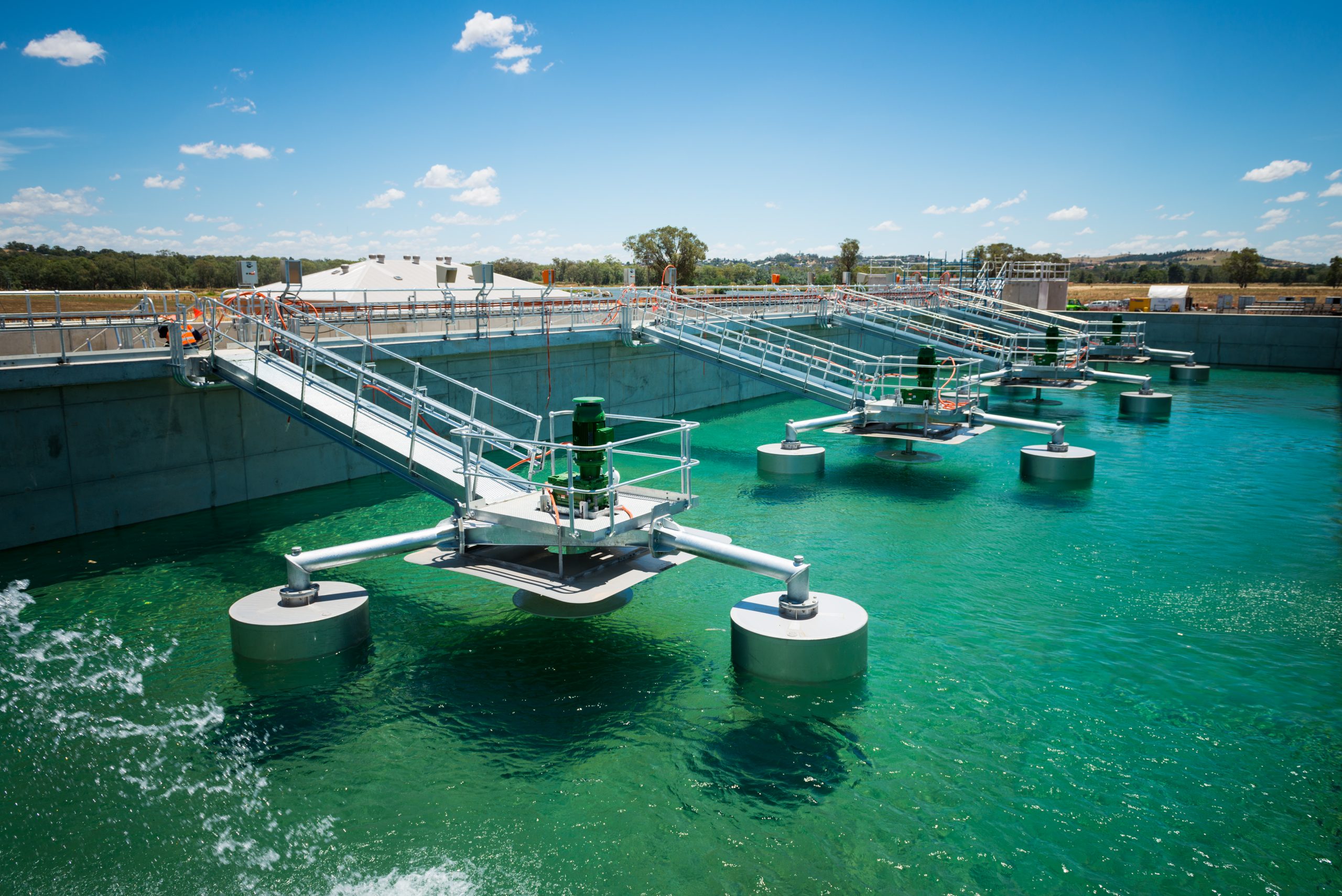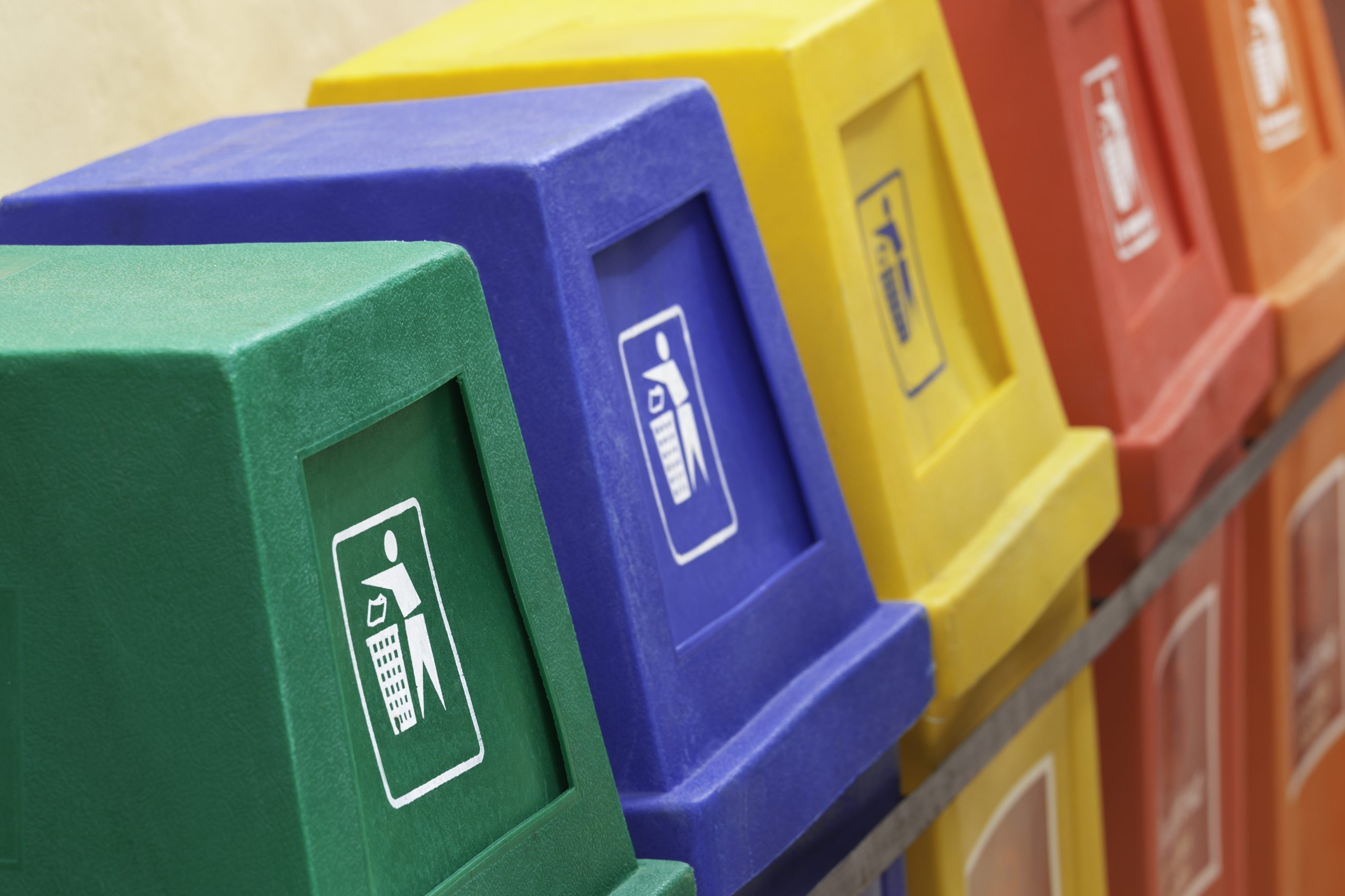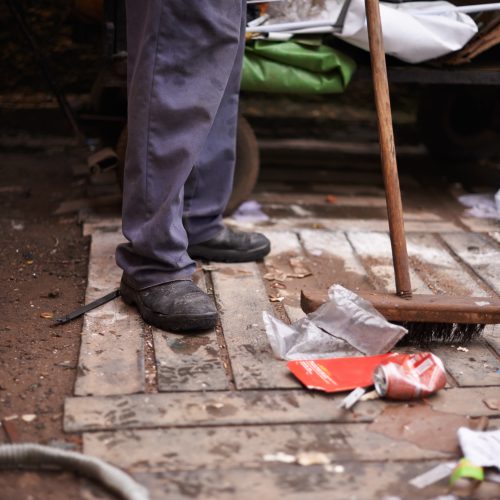Description
Three components are needed to rectify a poor waste collection system: (i) infrastructure or equipment, (ii) good collection services, and (iii) adequate contribution by waste generators – in other words, households, institutions and businesses. Furthermore, in the economies where the EBRD invests, there is often no full ‘collection service coverage rate’, meaning that not all households have access to frequent waste collection services. Hence, typically, in addition to replacing worn-out collection infrastructure, cities also seek to extend collection services to the whole city.
Infrastructure investments (in other words, bins, containers, collection points, vehicles and perhaps transfer stations) and related maintenance will have to be well planned and financed, and cover collection systems for different waste streams. For instance, container-based ‘bring’ systems can be used for construction and demolition waste, whereas residential waste (kerbside) collection systems are feasible for municipal waste with clearly defined bin types, volumes, collection frequencies and so on. Adequate maintenance also includes cleaning, repair and replacement of broken equipment, for which responsibilities must be clearly defined.
A good collection service implies adequate coverage of all locations and adequate frequency and capacity as well as the provision of collection services in a predictable and resource-efficient manner.
Effective waste collection systems rely on sufficient contributions from households, institutions, businesses and industry. Different waste streams must be delivered as planned, placed in the right containers and bins, which must be made easily available and looked after. In order to ensure that residents and other stakeholders are committed and contribute to the collection process, effective information and attitude campaigns may be needed. Such campaigns can be pursued through a combination of different forms, but one effective way is to educate children through schools and kindergartens, who later ‘police’ their parents and carers.
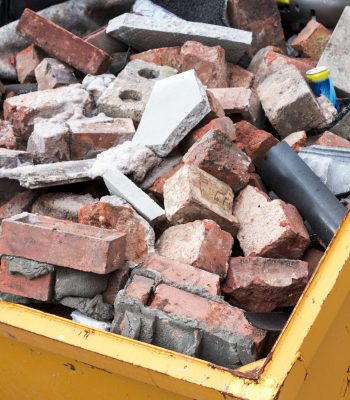
Resource implications and key requirements
Waste collection services are costly as they imply capital costs for equipment and vehicles, and significant operating costs for fuel and operating staff.
The logistics and efforts needed to put in place adequate infrastructure can be substantial, depending on how radical the changes to the collection system are. Sometimes, it can mean bins, containers and new or additional collection vehicles only. At other times, it may also include the acquisition or construction of new collection points and transfer stations to streamline some of the processes. For example, Ljubljana invested €421,291 in its door-to-door system to be able to provide bins and vehicles servicing an urban population of 400,000 in the municipality of Ljubljana and 10 bordering municipalities. The annual running costs for the door-to-door system were estimated to be €98.4 per tonne.[1]
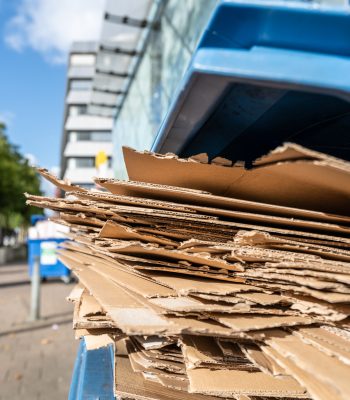
Potential private-sector participation
Private collection companies contracted through international competitive tenders can provide useful expertise and cost-efficient waste collection solutions. Private contracts can also help introduce better contractual arrangements and help depoliticise and professionalise the collection services, with clearly defined rights, obligations, processes, performance targets and incentive-based revenues. By requiring private collection companies to undertake awareness and attitude campaigns, incentives are further aligned, given that successful attitude campaigns and increased buy-in from inhabitants will benefit the collection company. Some of the financing for vehicles and other equipment can also be provided by private collection companies, although this does not bring down the overall costs for the waste collection services. There may be benefits to splitting a city into more than one collection area or contract for comparative and competitive reasons. Private collection contracts should cover multiple years (five or more) in order for companies to be considered creditworthy and to benefit from their awareness and attitude campaigns.

Implementation obstacles and solutions
Significant resistance can be expected from existing and well-connected operators providing suboptimal collection services. Informal waste collection activities may also lose out, with political and social implications. There may also be significant objections from residents and businesses, groups that may have to change their efforts and pay a higher waste collection fee in order to make a new collection system work. Therefore, strong political commitment combined with comprehensive awareness campaigns, education and a wide spectrum of stakeholder engagement are necessary. By aligning incentives for private collection companies to also undertake awareness-raising campaigns, the effort required to improve commitment and buy-in from various stakeholders will be increased.
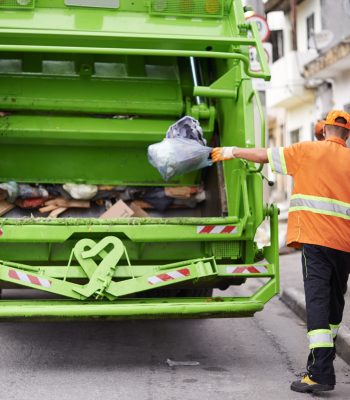
References
[1] European Commission (2014), “Capital factsheet – Llubjlana/Slovenia”. Part of EC study “Assessment of separate collection schemes in the 28 capitals of the EU”, Municipal Waste Europe website.



